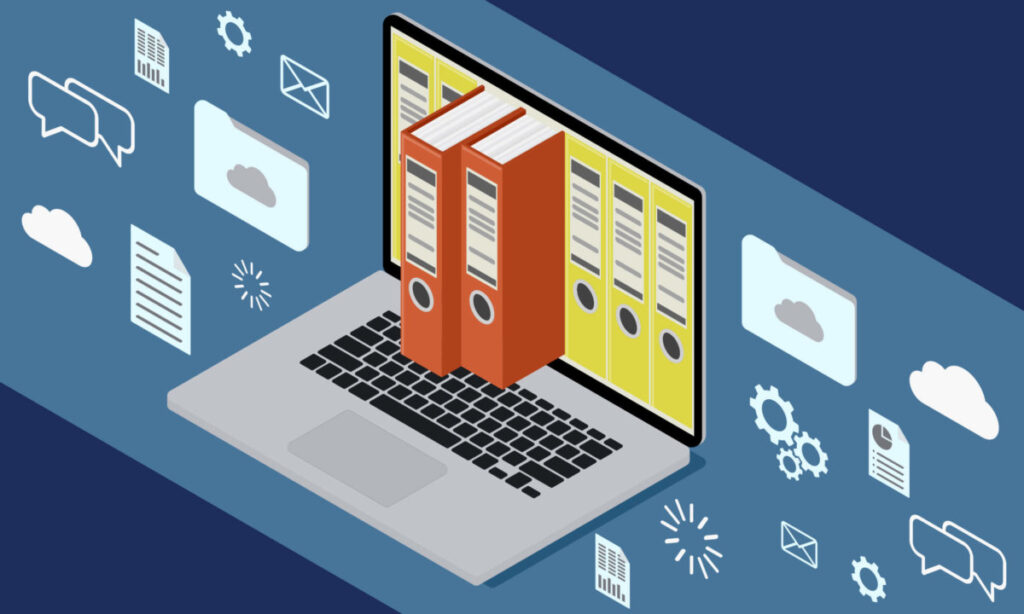Why Data Digitization is Necessary?
Data digitization – transforming information from analogue to digital form is crucial in today’s environment. Digitizing data improves efficiency, accessibility, data analysis, and industry decision-making. This extensive blog examines how data digitization services affect corporations, government agencies, healthcare, education, and society.

- Efficiency and Access
Digitizing data simplifies storage, retrieval, and distribution, improving efficiency. Digital data may be copied, transferred, and accessed from anywhere with an internet connection. This accessibility speeds up decision-making, promotes distant teamwork, and lowers document storage and transit expenses.
- Disaster Recovery/Data Preservation
Traditional paper documents might deteriorate due to physical damage, environmental causes, or human mistakes. Digitizing data protects critical information from loss or harm. Digital backups also allow quick disaster recovery, providing company continuity even in natural catastrophes or cyber attacks.
- Better Data Analysis and Insights
Advanced analytical methods enable firms to get meaningful insights and make data-driven choices from digital data. Businesses may find significant patterns, trends, and correlations in massive databases using data mining, machine learning algorithms, and predictive analytics. This information allows intelligent resource allocation, targeted marketing, and preemptive risk management.
- Better Customer Experience
In the digital age, customers want friction less and customized business encounters. Digitizing client data helps companies understand preferences, predict requirements, and customize goods and services. Data digitization helps organizations improve consumer pleasure and loyalty with online purchasing suggestions and targeted marketing communications.
- Regulations and Security
Many sectors have strict data privacy, security, and retention regulations. Digitizing data helps comply with these rules by adding strong access controls, encryption, and audit trails. Digital records are also easy to update to match compliance standards, assuring legal compliance and reducing the possibility of penalties or fines.
- Innovation and Tech Integration
Digital data drives innovation and technical progress across fields. From IoT devices gathering real-time sensor data to AI algorithms powering autonomous systems, digital information drives cutting-edge technology. Data digitization helps firms remain ahead of the curve and benefit from digital economy possibilities.
- Health and Med Research
Digitizing patient data and medical imaging helps healthcare practitioners share information, improving diagnosis, treatment, and results. Clinicians can obtain complete patient histories, decrease medical mistakes, and better coordinate treatment using EHRs. Aggregated healthcare data aids epidemiological research, medication development, and population health management.
Conclusion
In conclusion, a data digitization company drives digital growth and innovation, not just a trend. Digitizing data has several advantages, from boosting operational efficiency and data-driven decision-making to improving consumer experiences and scientific research.
